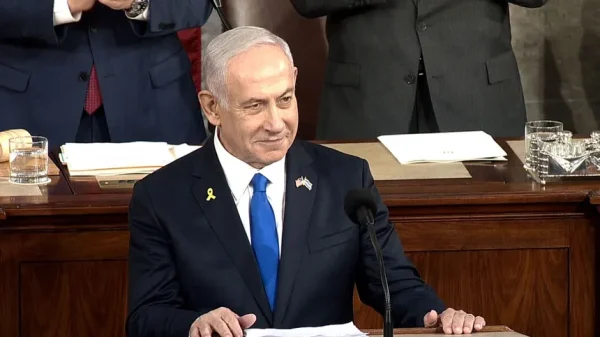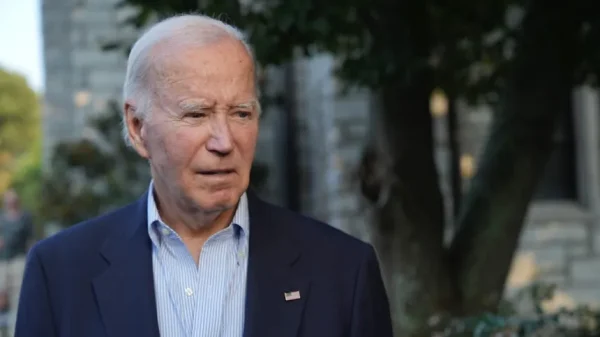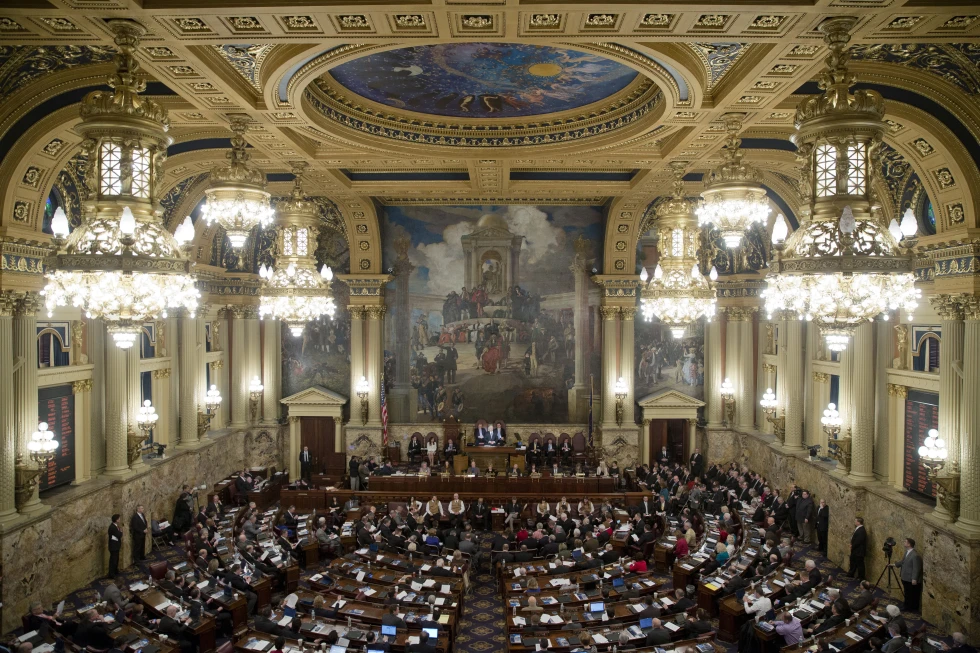The Pennsylvania House passed a Democratic-sponsored plan on Monday to significantly increase funding for public schools in the coming years and impose stricter regulations on cyber-charter schools. This move is seen as a test of political strength amid ongoing negotiations over the state budget.
The proposal follows a January report stating that Pennsylvania is underfunding its public school districts by more than $5 billion annually. It recommends gradually increasing funding over several years through a new distribution formula, although the funding itself is not yet allocated.
In a vote of 107-94, the measure garnered support from five Republican lawmakers alongside Democrats and now advances to the state Senate.
Majority Leader Matt Bradford of Montgomery emphasized that the current system of distributing educational support is inadequate and unconstitutional. The plan aims to phase in approximately $7 billion in additional state support annually over seven years.

Third grade kids in English language class (Via Marshal Grint/Getty Images)
During the debate, Bradford underscored the constitutional obligation to provide all children in Pennsylvania with fair and equitable public education. He described the initiative as a necessary response to longstanding failures in meeting this obligation.
The legislation also introduces new regulations for cyber-charter schools, including requirements for public disclosure of budgets, taxes, and reports to the state Education Department. It proposes capping payments from public schools to cyber-charter schools at $8,000 per student annually for those not in special education, a change expected to save hundreds of millions of dollars for public school districts.
Cyber-charter schools operate independently as public schools, offering classes primarily through online platforms.

























